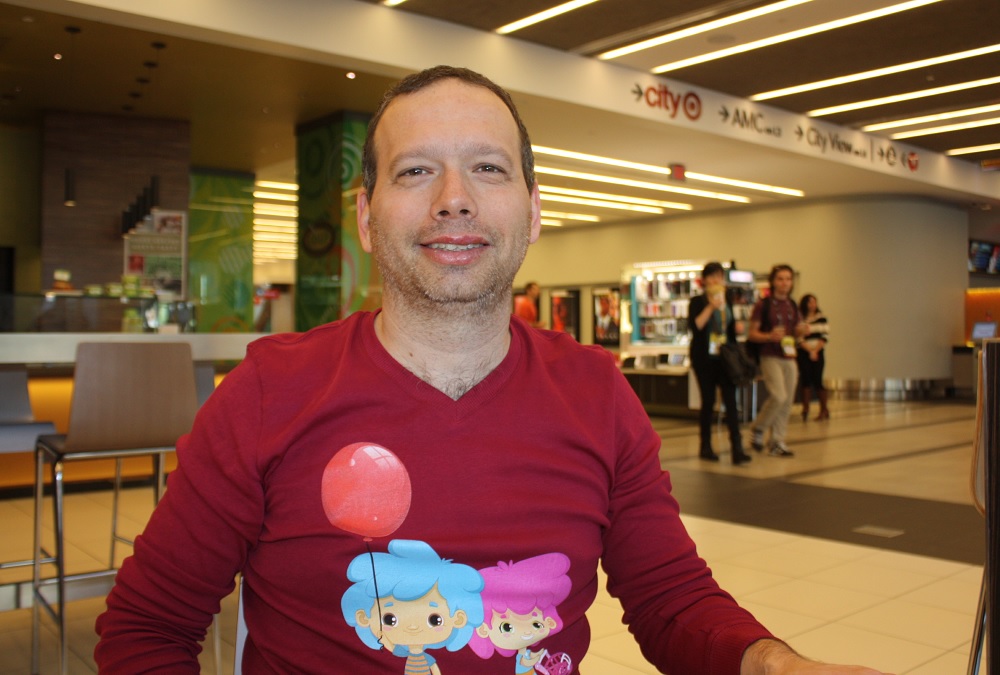TabTale is one of Israel’s success stories in mobile gaming. Founded in 2010 to make kids games and education apps, it now publishes a game every week on iOS, Google Play, Amazon, and Windows.
The company was started by Sagi Schliesser, Oran Kushnir, and Nir Bejerano. Now it has more than 230 employees and 350 games that have been downloaded more than 600 million times. It has raised $13.5 million in venture capital and acquired two companies, developer Level Bit in Serbia and Coco Play in China.

Unlock premium content and VIP community perks with GB M A X!
Join now to enjoy our free and premium membership perks.
![]()

![]()